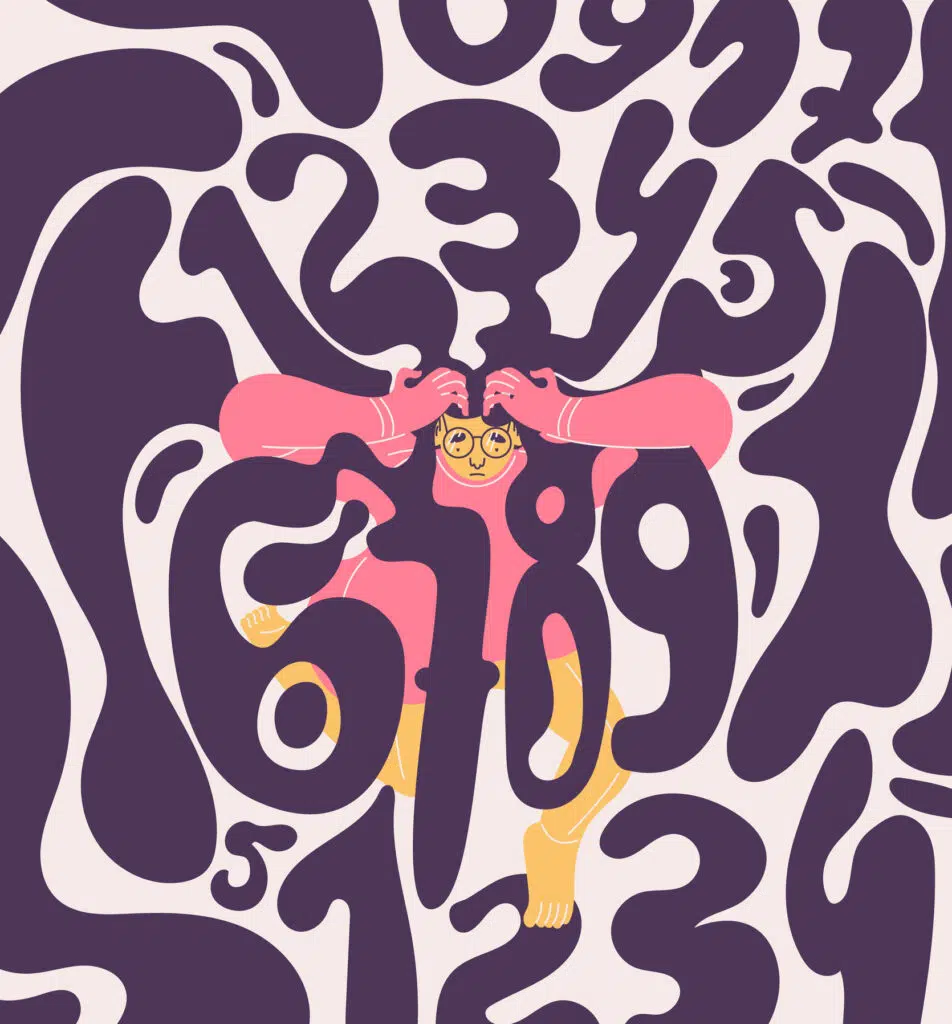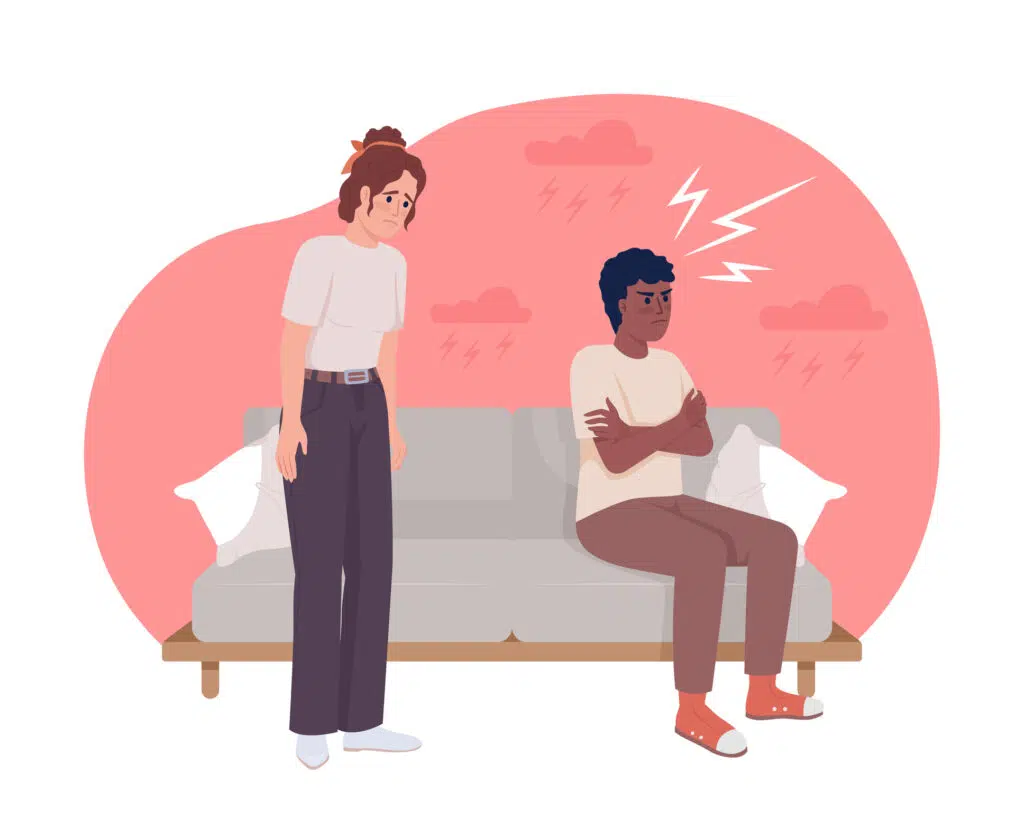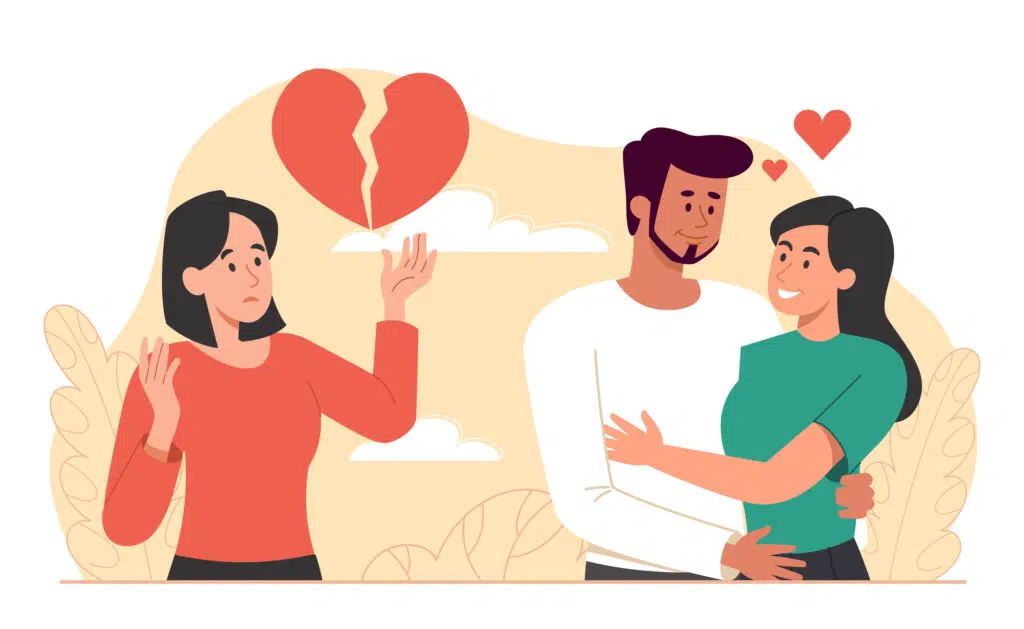What is Compulsive OCD Counting?

Compulsive counting can be a part of obsessive-compulsive disorder (OCD). People who experience OCD counting can become preoccupied with counting rituals where they must engage in repetitive counting-based behaviors. In this article, we talk about everything you need to know about OCD counting.
What are Compulsive Counting Rituals, and How are They Related to OCD?
OCD is a mental health condition where a person experiences obsessive thoughts and compulsive behaviors. OCD involves unwanted thoughts (obsessions) that make you perform repetitive behaviors (compulsions) to ease stress. OCD rituals lead to a cycle of OCD with obsessions and compulsions. The urge to do certain things keeps coming back, despite trying to ignore unwanted thoughts.
Keep in mind that there are no official subtypes of OCD; the compulsions and rituals involved with OCD can focus on anything. One theme that can be seen in people with OCD is counting. Individuals can become fixated on OCD counting rituals where certain tasks have to be performed in a way where the numbers feel “right.” Essentially, a person can’t stop thinking about counting in a specific way to the point where it can be difficult to finish a task or leave the house.
Types of OCD counting can include:
- Counting breaths
- Performing actions in set increments (i.e., putting your book down five times before reading)
- Counting steps
- Counting objects
- Counting taps
- Counting to a number(i.e., having to count to a specific number before any task)
- Preferring certain numbers (i.e., repeating behaviors to avoid “bad” numbers)
Counting can be out loud or mental. In OCD counting, counting is the compulsion that a person would use to ease the stress that comes from unwanted intrusive thoughts. With OCD, people can get so caught up in numbers that it can take up hours of the day. For example, someone with a fear of contamination could count the number of times they wash their hands to hit a certain number. If they don’t do it, they could think something terrible could happen.
Why Does OCD Make You Count?
Research shows that there is a strong genetic element in OCD, meaning that if you have someone in your family with OCD, then you’re more likely to develop symptoms. Other risk factors include trauma, underlying mental health issues, and brain abnormalities.
So, why do people with OCD count? And why would someone with OCD count numbers or steps instead of repeating certain words? It’s difficult to say what causes the precise compulsions and obsessions that come with OCD. Ultimately, for people with OCD, counting can provide a sense of control and comfort that eases unwanted and intrusive thoughts. Counting can act as a way to suppress these thoughts and bring a feeling of order to combat chaos and stress in their life.
The Impact of Compulsive OCD Counting on Daily Life
OCD affects about 2.5 million U.S. adults, with women three times as likely to be affected than men. Like any OCD compulsion, OCD counting can cause significant disruption and distress. In some cases, it can severely interfere with someone’s ability to perform basic functions, as counting-based behaviors can consume their time.
While OCD compulsions like counting can feel like they help ease anxiety and stress in the short term, the ritual can keep the OCD going longer. Often, strategies for living with OCD require a very active approach to avoid this cycle and stop it from getting worse.
For some people, OCD can make it difficult to do simple tasks like eating, drinking, and washing. When obsessions and compulsions consume your life, it can cause some people to become housebound as they can spend hours performing OCD rituals. Although OCD is a mental illness in itself, people with OCD are at a high risk of having major depression and anxiety disorders.
Getting Help For Compulsive Counting in OCD
Compulsive OCD counting can significantly affect a person’s quality of life, and it can feel difficult to break the OCD cycle. While OCD is considered a life-long disorder, it can have mild to severe symptoms. Many people live with OCD and develop coping strategies, but ignoring it tends to do more harm than good. That’s why it’s so important to get help for OCD as soon as you can. If you think that each time you perform an OCD ritual, you feel better or have avoided something bad, you will keep doing that ritual. An OCD ritual doesn’t need to be logical or have any reason, but the more you repeat the pattern, the harder it is to break the loop.
It’s important to know that while it’s challenging to shift thoughts and patterns of behavior, it’s possible and requires patience. Here are some treatment options to consider when OCD becomes too much.
Exposure And Response Prevention (ERP) Therapy
There isn’t a cure for OCD, but OCD can be treated in a way that brings symptoms to a manageable level where they don’t rule your life. OCD is a chronic condition that generally doesn’t go away and fix itself.
Treatment for OCD includes cognitive behavioral therapy (CBT), specifically exposure and response prevention (ERP) therapy, a type of CBT. ERP is performed by a therapist who specializes in OCD in a clinical setting. You gradually build exposure to the feared obsession and then resist the urge to perform the compulsion. The gradual exposure should increase slowly. Over time, the aim is that you begin to change your thoughts and behaviors. With OCD counting, ERP would help you to learn how to manage anxiety and resist the urge to count.
Medication
In cases where therapy may not be working, or symptoms are so severe that they interfere with a person’s ability to perform daily tasks, medication may be considered. The most common type of medication for OCD is SSRIs (Selective Serotonin Reuptake Inhibitors) which help to adjust chemicals in the brain, reducing symptoms. Whether you take medication for OCD is always down to you. Speaking with a psychiatrist can help you to understand your options and talk about your concerns from a medical point of view.
Self-Care
Think of self-care as another tool in your OCD treatment kit. In addition to speaking with a therapist, you can try to find ways to support your well-being to help manage OCD symptoms. Stress and anxiety can make OCD worse, so finding ways to ease stress and relax are important. Things like regular exercise and mindfulness can help to manage stress. Try to get enough sleep and eat a balanced and healthy diet to support good energy levels and mood. Learn more about OCD and even join a support group to talk with people experiencing similar things. The International OCD Foundation has a list of educational resources for understanding OCD and managing symptoms.
Compulsive OCD counting can be debilitating, affecting your day-to-day life. If you or a loved one is struggling with OCD, getting the right treatment can help set you on the path to a healthier, happier, and more fulfilling life.
At Thriving Center of Psychology, our team of therapists can help you find the help you need and work with you to develop strategies to manage OCD so you can deal with life’s challenges. Book an appointment online or call our team today. We have offices across the US, including New York, California, Washington, Florida, and Texas.

How to Move On After a Friendship Breakup
Friendship breakups can sting just as much as a romantic breakup. After all, you’re experiencing a loss of shared history and an understanding of each other that can leave you feeling lonely and isolated. Not all friendships are forever, but moving on from the loss of a friendship does take time and some self-compassion.

Signs You’re in a Toxic Relationship
A toxic relationship can chip away at your well-being and happiness. Toxic partners can be manipulative and charming, making it difficult to recognize the signs that you’re in a toxic relationship. You deserve to be in a supportive and healthy relationship.

10 Common Marriage Reconciliation Mistakes to Avoid After Infidelity
Infidelity can leave couples devastated. If you’ve been affected by infidelity and want to salvage your relationship, rebuild trust, or make a tough decision, keep reading for 10 common reconciliation mistakes to avoid after infidelity.

Survey: 72% of Americans are Stressing About the Upcoming Presidential Election
Political viewpoints in the U.S. have always been contentious, but is the impact of politics in the United States making it difficult for people to live their everyday lives? With some anticipating another brutal and long campaign season ahead of the upcoming 2024 presidential election, nearly half of Americans say politics is negatively impacting their mental health.




